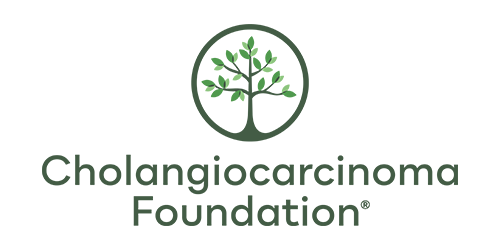Ask Dr. Giles: I was involved in the beginning, but now I feel like a spectator
Courtney asks:
My Father has survived one year so far after surgery for Klatskins CC. He has had non stop complications ranging from infections, to bleeding ulcers, to anorexia type behavior…I am 7 hours away and my step mother is his main caretaker. It is very complicated and confusing to try to keep up with paperwork and doctor’s. I feel very helpless not being able to be more involved. Most doctor’s do not want to touch him with a 10 foot pole due to the severity of his surgery. I guess my main question would be…How do I find the best support for him? His original surgeon has moved away and cut rope after surgery anyway, saying he had done everything he could to remove the cancer.
He does see his primary care physician and oncologist. Is this sufficient? If not, who does he need to be seeing? There is not a lot of after surgery information???
My father is also a very stubborn, strong willed man who is depressed from multiple things…cancer, losing most of his financial stability and his massive hit to his pride. It is a roller coaster ride with no end…
I feel like I was VERY involved in the initial part of this crazy cancer, but now feel very distant and unsure of what to believe or what to do from this point on…
Thank you so much for your help!
Courtney,
I very much admire your strength and determination to help your father. He is fortunate to have such a caring daughter who has involved herself in his care despite living such a great distance away from him.
It sounds like you were very involved in the initial stages of your father’s fight against cancer, but you are now feeling more like a spectator rather than a participant. Have you posed your questions regarding “what now” to your father’s primary care physician and oncologist? They may be able to offer some ideas regarding a plan for treatment at this point.
You say your father is a stubborn and strong-willed man. Talk to him about your concerns and see if he has the same ones. It may be that he feels the same way you do. It also may be that he has a different perspective. Find out how he feels. This will empower him and will contribute to your sense of connection to your father. Ultimately, his treatment and care ought to be undertaken with his consent and cooperation. Find out from him what he wants to know and do and the direction he wants to take, and then go from there.
